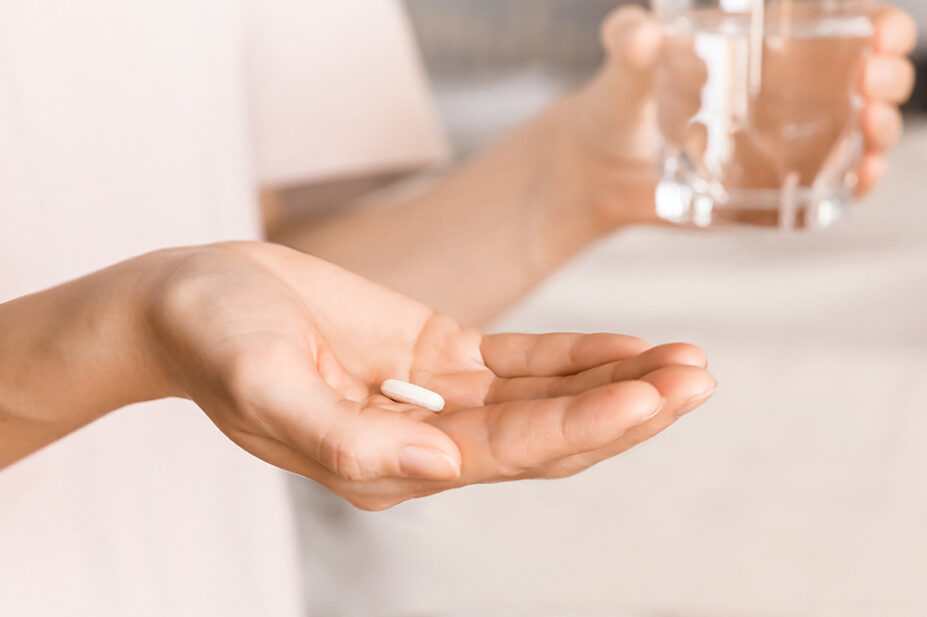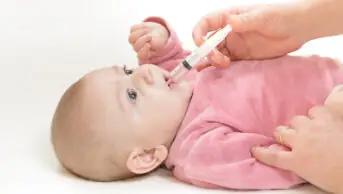
Shutterstock.com
Antibiotics were only provided where clinically appropriate as part of a pharmacy-led minor ailments service, data have shown.
Figures from Community Pharmacy Avon, published on 16 November 2023, showed that 71% of women were given a course of antibiotics by a pharmacist for a urinary tract infection (UTI) and 55% of patients received a supply of antibiotics for a sore throat, having been referred by a GP practice for treatment in a pharmacy.
Community Pharmacy England (CPE) said that this showed that “pharmacists do not always provide antibiotics and only supply them when the correct clinical presentation has been identified”.
The figures were taken from community pharmacies in the Bristol, North Somerset and South Gloucestershire Integrated Care Board area between October 2022 and May 2023.
The data covered patients who had been referred under the ‘NHS community pharmacist consultation service’ (CPCS), who could then be given antibiotics under a linked and locally-commissioned minor ailments service, using a patient group direction (PGD).
During the eight months of the study, 3,557 patients were referred for a UTI and 5,199 patients were referred for a sore throat.
Of the 5,199 patients referred for a sore throat, 381 (7%) were referred back to their GP and, of the remaining 4,818 patients managed in the pharmacy, 2,688 (56%) had a PGD consultation. Of these, 49 did not meet the criteria for antibiotic treatment under the PGD protocol.
In total, this meant that 2,639 (55%) patients received an antibiotic supply.
The analysis notes that, during a strep A outbreak in December 2022 and January 2023, the percentage for the supply rate of antibiotics remained constant.
Of the 3,557 patients presenting in the pharmacy following a GP CPCS referral for a UTI, 507 (14%) were escalated back to their GP practice.
For the remaining 3,050 patients managed in the pharmacy, 2,251 (74%) had a PGC consultation, and after 82 were not given antibiotics after not meeting the PGD criteria, 2,171 (71%) women received a course of antibiotics for their UTI.
Concern has previously been expressed about the risk of antimicrobial resistance following increased provision of antibiotics under PGDs.
In February 2022, pharmacies in the Midlands were told that a locally-commissioned minor ailments service was being “paused” while an NHS England-commissioned review of the safety and effectiveness of community pharmacy services, where antibiotics are supplied under a PGD, was carried out.
England’s Pharmacy First service, due to begin early in 2024, will enable community pharmacies to supply some prescription-only medication for seven common conditions under PGDs.
In a letter to pharmacy contractors, the government has said it will be “closely monitoring the Pharmacy First service post-launch, particularly in relation to antimicrobial supply to guard against the risk of increasing antimicrobial resistance, and the National Institute for Health and Care Research will commission an evaluation”.
Commenting on the provision of antibiotics by pharmacists under PGDs, Alastair Buxton, director of NHS services at Community Pharmacy England, said: “Antimicrobial resistance is considered to be one of the biggest risks to the future of modern healthcare and mitigations against it have to be part of any new services being commissioned by the NHS, whoever is providing them.
“We know that community pharmacists can and will manage this risk and are pleased to have successfully persuaded the NHS of this, but we should not be surprised to see the health service wanting to monitor this: this is something they are actively monitoring across the NHS.”


